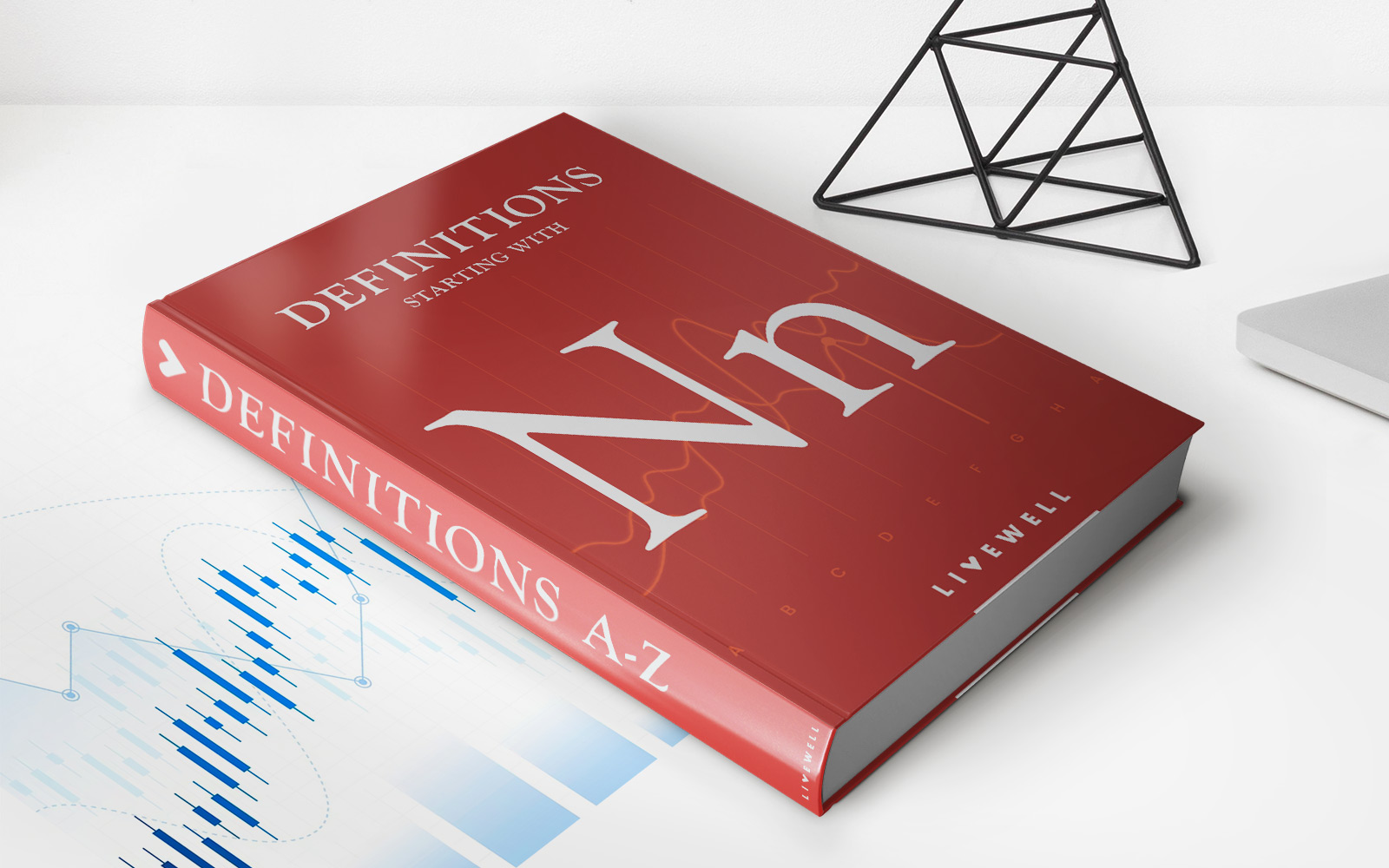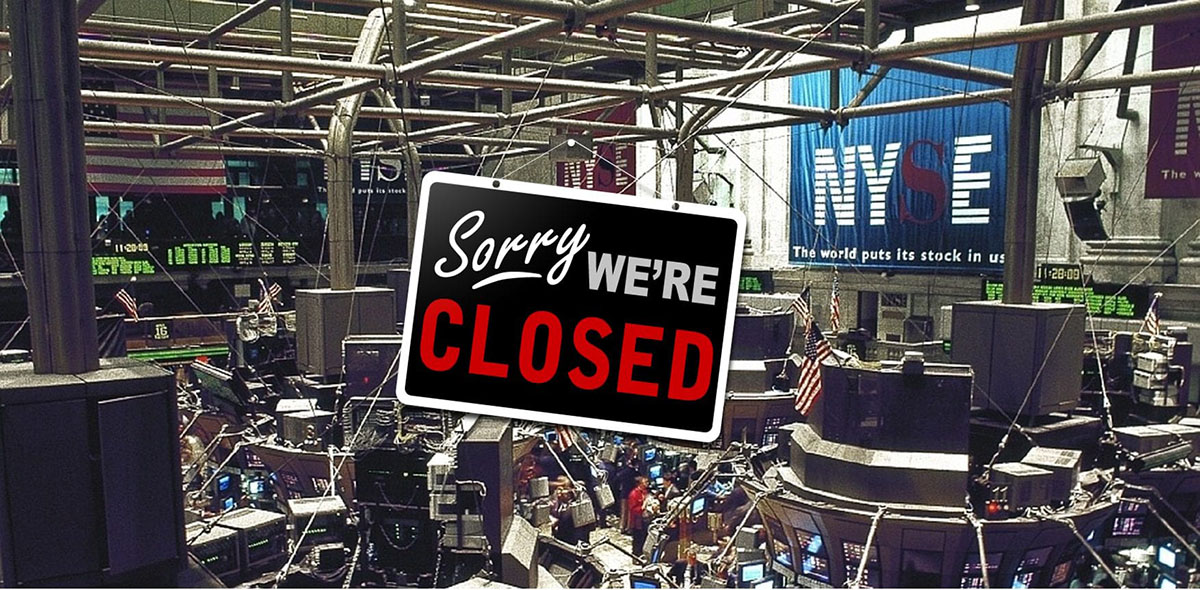

Finance
Closed-Market Transaction Definition
Published: October 28, 2023
Learn about closed-market transactions in finance. Understand the definition and implications of this term in the financial industry.
(Many of the links in this article redirect to a specific reviewed product. Your purchase of these products through affiliate links helps to generate commission for LiveWell, at no extra cost. Learn more)
Understanding Closed-Market Transactions in Finance
Welcome to another informative blog post on finance! Today, we will be exploring the fascinating world of closed-market transactions. If you’ve ever wondered what a closed-market transaction is and how it relates to the financial industry, you’re in the right place. In this post, we’ll break down the definition of closed-market transactions and provide you with the key insights you need to know.
Key Takeaways
- Closed-market transactions refer to the buying and selling of securities between two private parties without involving the open market.
- These transactions offer greater privacy, flexibility, and the potential for negotiated prices compared to open-market transactions.
Now, let’s dive deeper into closed-market transactions and explore their inner workings. In the financial realm, transactions involving the buying and selling of securities, such as stocks, bonds, or derivatives, typically occur through two main channels – the open market and closed markets.
A closed-market transaction, as the name suggests, happens exclusively between two private parties, often institutional investors or high-net-worth individuals. Unlike open-market transactions, where securities are traded on public exchanges like the New York Stock Exchange (NYSE) or Nasdaq, closed-market transactions take place privately, away from the prying eyes of the public.
But what makes closed-market transactions so appealing to investors? Here are some key benefits:
- Privacy: Closed-market transactions provide a greater level of confidentiality since they occur outside of public exchanges, reducing the risk of sensitive information being disclosed to competitors or other market participants.
- Flexibility: In closed-market transactions, parties have more flexibility in customizing the terms and conditions of the trade, including pricing and settlement methods, compared to standardized open-market transactions.
- Potential for Negotiation: Closed-market transactions allow parties to negotiate directly with one another, potentially resulting in more favorable prices for both buyers and sellers.
It’s important to note that closed-market transactions are typically less regulated than open-market transactions. Since public exchanges have regulatory bodies overseeing their operations, closed markets do not involve the same level of scrutiny. While this can provide increased flexibility, it also means that participants must conduct thorough due diligence before engaging in these transactions.
Although closed-market transactions may offer advantages in terms of privacy and flexibility, they are not suitable for everyone. These transactions often involve significant amounts of money and are more commonly utilized by institutional investors or high-net-worth individuals with specialized knowledge and resources.
In conclusion, closed-market transactions are an important component of the financial industry, providing participants with increased privacy, flexibility, and potential for negotiation. While they occur outside of public exchanges, it’s crucial for individuals and institutions to approach these transactions with care and diligence.
We hope this blog post has shed light on the intriguing world of closed-market transactions. Stay tuned for more informative articles on various finance-related topics!














